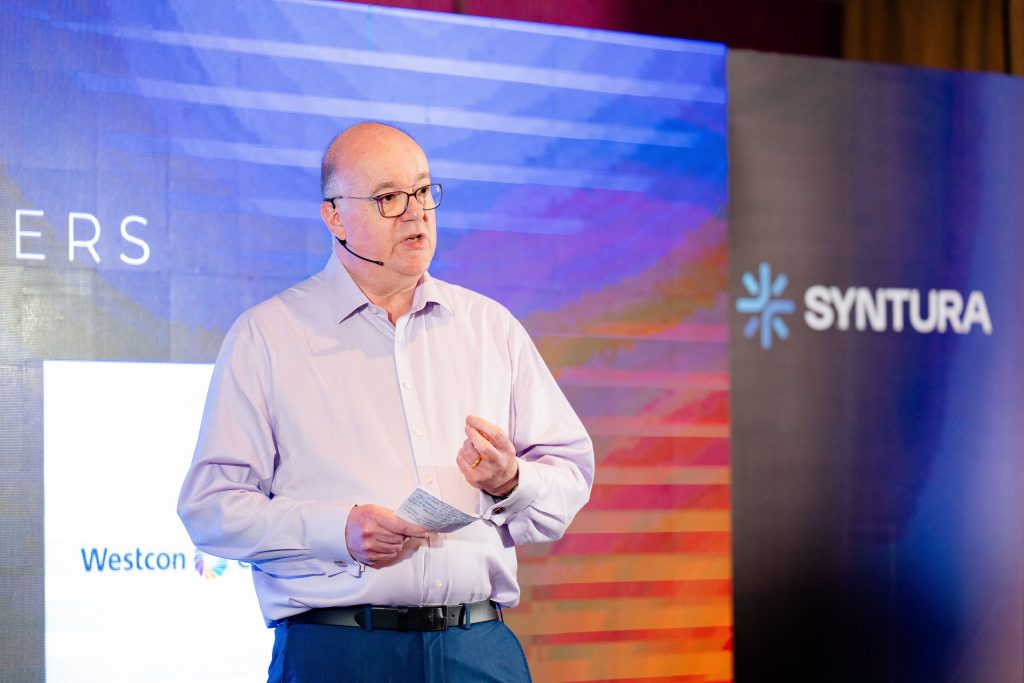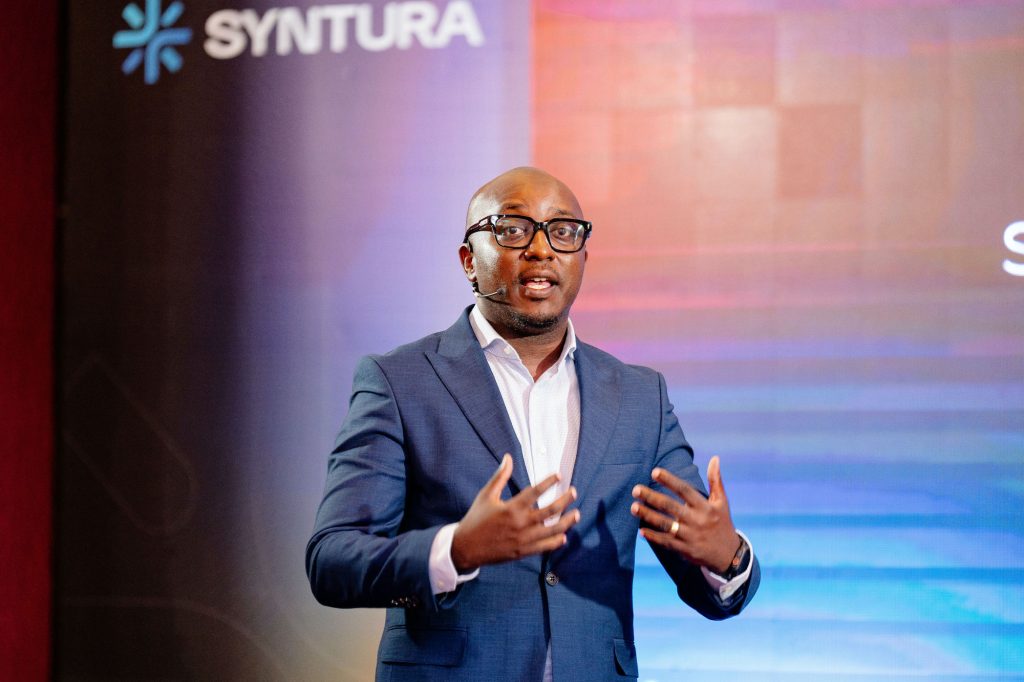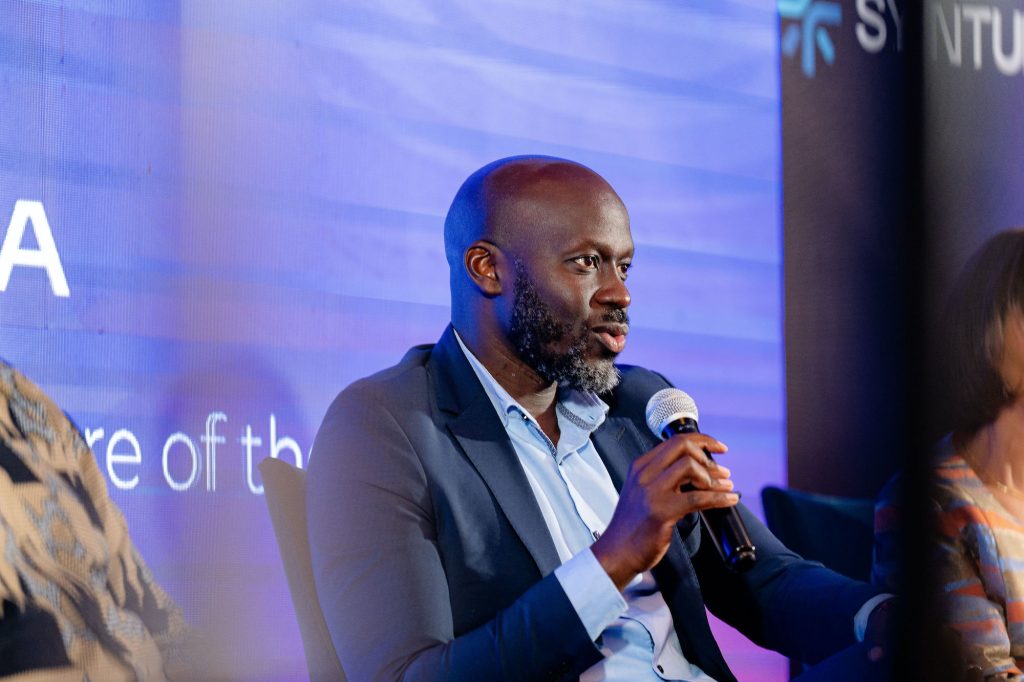For businesses, return-on-investments are crucial in everything—even when technology is involved. Profits need to be made and therefore, businesses want to keep a closer and sure eye on how AI and other digital tools such as cybersecurity solutions can save costs and maximize efficiency.
The COVID-19 pandemic catalyzed the need for workplaces to go digital. As office workers were barricaded in their respective homes, many traditional workplace activities had to be done online. This was an opportunity for workers to discover novel and efficient ways of performing tasks, but it also heightened cybercrime risks.
Artificial Intelligence (AI) has grown exponentially over the past five years as competition among tech companies rages on. Workplaces intending to leverage digital tools cannot ignore the capability of AI in revolutionizing workflows, automating routine processes that would otherwise be tedious, and to generate insights that would drive strategic decision-making.
Businesses leveraging AI effectively are achieving greater productivity and agility, enabling them to respond to market shifts in real time. However, like many digital tools in the modern workplace, simply onboarding does not translate to optimal utilization.
This was the core of the discussion during the inauguration of the Syntura Experience Centre—the region’s first hub dedicated to AI, cybersecurity, and collaboration technologies. The state-of-the-art facility offers businesses the opportunity to explore and implement cutting-edge technologies to enhance their operations.
“The future of work is intelligent, secure, and seamlessly connected. Our new Experience Centre is designed to help businesses navigate this transformation by bringing AI-driven workplace innovation to life,” Chris Evans, Syntura’s Group Managing Director, said.

Why Businesses are Hesitant…
In an insightful panel discussion, the CEO of Two Rivers SEZ—Brenda Mbathi—noted that many businesses in the private sector understand how helpful AI integration in the workplace can be especially in inculcating the younger workforce in the market; a demographic more inclined to use technology for numerous tasks.
“I think the reason we need to adapt is because we have a young talented workforce who are not going to go through the things we all went through,” Mbathi said.
According to her, many businesses are stuck on the onboarding process. Due to the incipience of AI, businesses are not yet able to competently tabulate the costs—both in getting the tools and maintaining them. Moreover, some businesses are under the impression that AI will become cheaper in the near future and ‘wait a little longer’.
“Many people think if they wait a little, these tools will become cheaper. The problem for many businesses is; at what do you jump in and how do you jump in,” Mbathi added.
For businesses, returns-on-investments are crucial in everything—even when technology is involved. Profits need to be made and therefore, businesses want to keep a closer and sure eye on how AI and other digital tools can indeed save costs and maximize efficiency. Businesses need to determine if they have to employ specialists to help them integrate digital tools into workplaces or if training is needed.

Mbathi added that there is a disconnect between how companies are using digital tools like AI, with how they are intended to be used. Simply implementing AI solutions is not enough. Companies must also invest in refining these technologies, ensuring that their full potential is harnessed across all functions.
Those that fail to integrate AI fully may find themselves lagging behind competitors that do. She lauded Syntura’s growth into the market, citing its role as indispensable in the race for the digital workplace.
“The Syntura Experience Centre will play a pivotal role in contributing to Kenya’s AI and technology revolution, enabling firms of all sizes to innovate, experiment, and launch AI-driven solutions tailored to the region’s unique challenges,” Anthony Muiyuro, Syntura’s Regional Director for East Africa, said.

The Cyber Threat Landscape
At the same time, the cyber threat landscape is expanding at an unprecedented pace. The proliferation of remote work, cloud computing, and connected devices has opened new vulnerabilities that bad actors are eager to exploit.
Traditional security measures are insufficient in addressing the scale and sophistication of modern attacks. Organizations must deploy advanced cyber security tools that incorporate AI and machine learning to detect and neutralize threats in real time. However, cyber criminals iterate their attacks and businesses must be on the edge to salvage themselves when attacks happen.
According to Frank Molla—Managing Director for MDP Africa—many businesses are under the illusion that cyber security is a ‘set, and go’ process. He challenged this perception with mind-blowing analogies that underscored the importance of anticipating cyber attacks, tracking how attackers move, and employing a backup strategy to ameliorate losses and damage when hit.
“Where there is money, there will always be fraud. When it’s raining, that is not the best time to fix your roof. For most people, when hit with fraud, that is the time they rush around looking for help,” Molla said.
Another flaw in organizational cyber security is the tendency to conceal information due to fear of regulators’ reprisal. When companies cannot share information among themselves, alerting each other about widespread cyber attacks, fraudsters can easily wreak havoc without much deterrence.

Molla urged companies to reconsider their inclination to secrecy when attacks happen—believing that a united force against cyber attacks would strengthen a shared sector to everyone’s benefit.
The bottom line of Molla’s sapience was that without robust cybersecurity frameworks, companies not only risk operational disruptions but also the loss of customer trust—a value that is difficult to regain.
“Technology is about trust. Even from an onboarding perspective, the conversations we keep on having with partners is; do independent reference to get accurate information about potential employees since most fraud is in-house,” he added.
The Touchline
The Founder & CEO of DotSavvy—Moses Kemibaro—believes that exploration is the future of AI. According to him, the immensity of tasks he could do with AI—including transcribing audio meetings, language translation during phone calls, and completing reports—are just a tiny proportion he could discover.
“I don’t think everyone has the complete playbook yet. People are still dabbling and learning AI at its formative stages. The secret to adapting to technology in workplaces is going to be experimentation,” Kemibaro said.

He argued that even during the early stages of the Internet, few people had any idea what to do. Only those who tried it out and understood how specifically it could enable them make tasks easier went to the top.
As the workplace continues to shift, organizations that embrace a holistic approach to AI and cybersecurity will be best positioned to thrive in an era of relentless digital disruption.
“Innovation should not be done for ‘innovation’s sake’ but to help people. And sometimes, the best technology there is in the market is not what you need now,” Frank Molla said.




